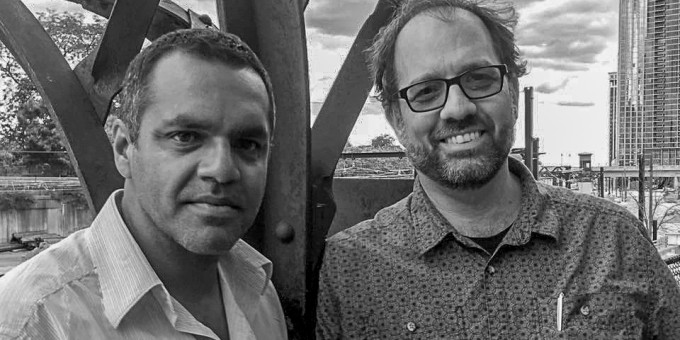
Let the Good News Roll
Talking with sociologists can be a tad bit depressing. If you’re a sociologist, ask your non-academic friends or family—they’ll confirm without hesitation. (Go on, we’ll wait.) Sociologists are too often black clouds, always seeing the glass as half empty as a result of the dominant class denying the oppressed the opportunity to even so much as get close to that glass. Racial inequality, sexism and rape, poverty and exploitation, heteronormativity—sociologists are dedicated to uncovering injustices, analyzing why and under what conditions they arise, and seeking out ways they might be changed. This is very important work, but it can get to be, well, a bit much.
That’s true even at Contexts. In our first issue as an editorial team, we had three articles on Ferguson and pieces on racism in nightclubs, trailer park evictions, and how idealistic grassroots groups lose their imagination and their way, and we hadn’t even hit our stride. Not exactly the kind of stuff that puts a smile on your face or a spring in your step.
Well, that ends now! Ok, it doesn’t end. But for this one very special issue of Contexts, it does! Senior managing editor Letta Page asked if we could have an issue of “what’s not wrong with the world.” So we threw down the gauntlet, asking the sociological world to bring us good news. And a bunch of you came through.
“But, but, but,” other, more dour, sorts protest! “The world is complex and nothing is all positive!” Good point. Of course there’s always a downside. Just this once, though, we’re focusing on what’s getting better. “Hey, the notion of good news is socially constructed, so what do you mean by good news anyway?” Another good point. We left it to the authors to explain why what they’re describing is good news—and we don’t all have to agree. Heck, we’re sociologists; we can’t help but quibble.
There’ll always be problems in the world, but for this issue we’ve gotten some of what Page called “sociology of the A-OK.” Let the good news roll.
Corrections
The Winter 2016 issue of Contexts misspelled the name of the photographer whose images accompanied Sujatha Fernandes’s feature article, “Building Child-Centered Social Movements.” Her name is Marina Massaro.
Our Winter 2016 Back Page article, “#callmecaitlyn and Contemporary Trans* Visibility,” omitted biographical information for authors D’Lane Compton and Tristan Bridges. Compton is in the department of sociology at the University of New Orleans. She is the author, with Amanda K. Baumle, of Legalizing LGBT Families. Bridges is in the department of sociology at The College at Brockport–State University of New York. With C.J. Pascoe, he is the co-editor of Exploring Masculinities: Identity, Inequality, Continuity, and Change.
